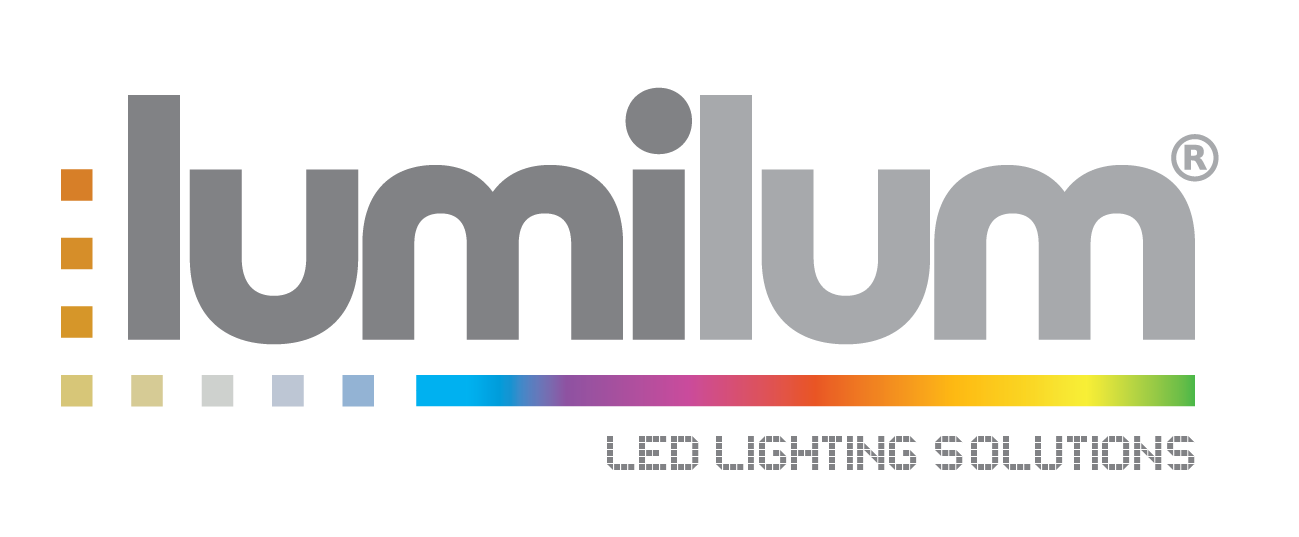What Are LED Channels?
LED channels, also known as LED extrusions or LED profiles, are U-shaped or V-shaped tracks typically made from extruded aluminum and may also come with a plastic diffuser. These channels are designed to house LED strip lights and the diffuser helps aid in more even light distribution and reduced glare.
Advantages of Channels
1. Protection: Aluminum channels offer physical protection to the LED strips. They shield the delicate components from dust, moisture, and accidental damage, prolonging the lifespan of your LED lights.
2. Heat Dissipation: LED strip lights generate a bit of heat during operation and aluminum channels act as heat sinks, dissipating the heat efficiently. This prevents overheating, which can lead to reduced LED lifespan and decreased brightness over time.
3. Light Diffusion: Aluminum channels often come with diffusers, which help spread and soften the light emitted by the LED strips. This results in a uniform, dotless glow and more visually appealing lighting effect.
4. Aesthetic Appeal: Aluminum channels provide a sleek and professional appearance to your lighting installation. They hide the unsightly appearance of raw LED strips and wires, creating a neat and finished look.
5. Easy Installation: Installing LED strips within aluminum channels is relatively straightforward. Most channels come with mounting clips, end caps, and other accessories to simplify the installation process.

Disadvantages of Channels
1. Cost: Aluminum channels can be more expensive than other materials. If you're on a tight budget, the initial cost might be a drawback
2. Weight: Aluminum channels are relatively lightweight, but for certain installations where weight is a concern, such as in lightweight structures or when mounting on delicate surfaces, the weight of the aluminum channels may be a disadvantage.
3. Corrosion & Water Resistance: While extruded aluminum is naturally corrosion-resistant, it is still possible to corrode under certain conditions, like in long-term outdoor or humid environments. Some additional finishes or coatings may be required to prevent corrosion, adding to the cost. Additionally, LED channels are not waterproof so they are not suitable for high moisture environments or projects specifically needing water tight products.
4. Limited Flexibility: Aluminum channels are rigid and may not be suitable for curved or irregular surfaces. If your installation requires flexibility, you might need to look for alternative mounting solutions.
5. LED Dot Visibility: Depending on the depth profile of the channel, it is possible that regardless of light dispersion, you will not achieve a fully dotless look. The level of opacity of the diffuser being used with the channel is also a factor in whether "hotspots" will still be visible within the channel or not.
Are Channels Necessary?
Now that we've discussed the benefits, let's address the question of necessity. Generally, channels are not a necessary component for an LED project, but it all depends on your specific application and preferences:
-
For Professional Installations: If you're looking for a polished, high-end, dotless appearance, or if the LED strips are installed in a visible location, aluminum channels are highly recommended.
- In Harsh Environments: In areas prone to dust or potential damage, such as kitchens or outdoor spaces, aluminum channels can provide essential protection for your LED strips.
- For Enhanced Lifespan: If you want your LED strips to last as long as possible and operate at peak performance, aluminum channels can help by dissipating heat effectively.
Are Channels Worth It?
Ultimately, the decision comes down to your priorities and budget. While LED channels are not an absolute need for every installation, they do offer several valuable benefits that make them a worthwhile investment by providing protection, enhancing the visual appeal, and extending the lifespan of your LED strip lights. Be sure to assess your specific needs and preferences to determine whether aluminum channels are the right choice for your next lighting project.

